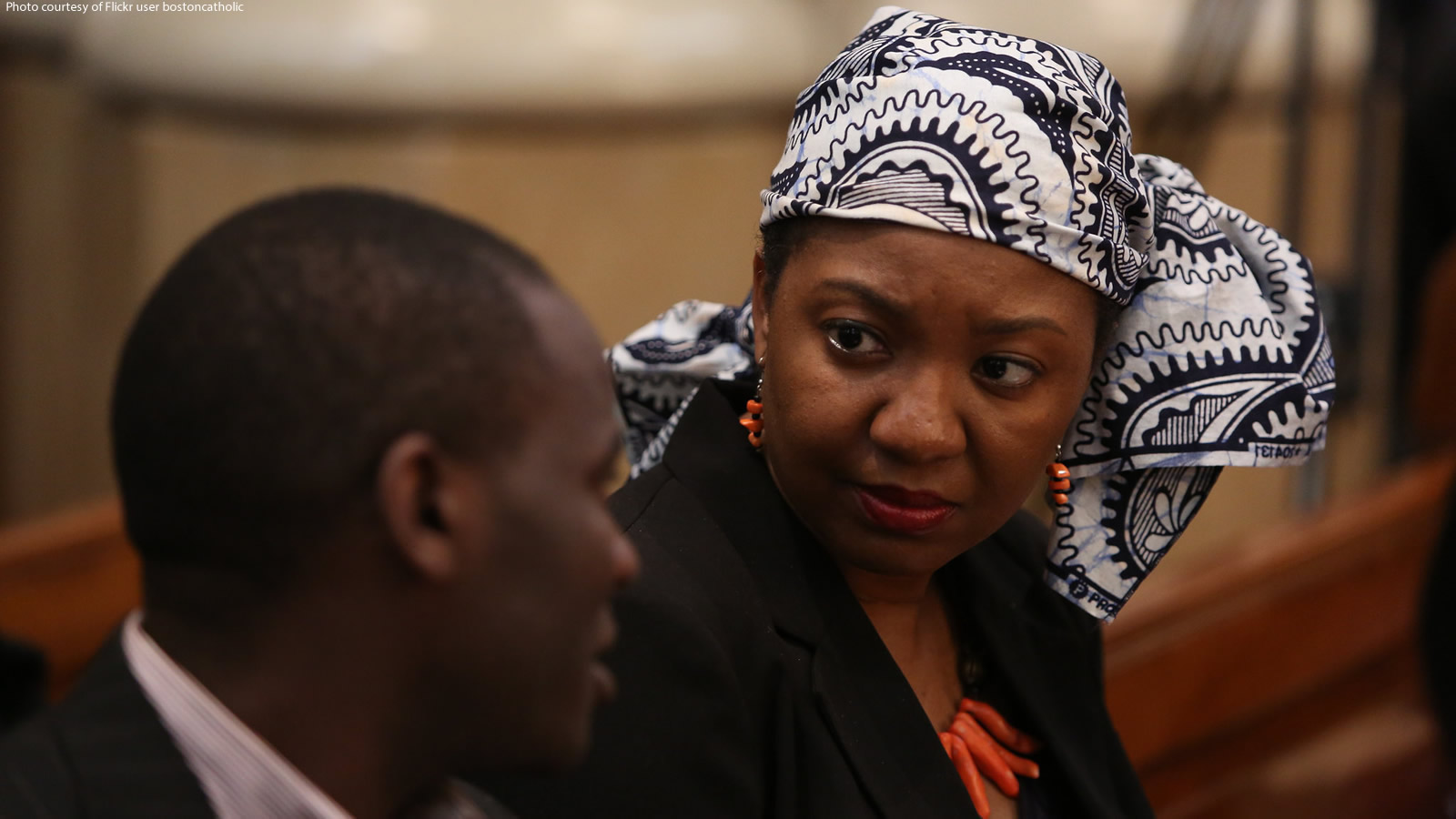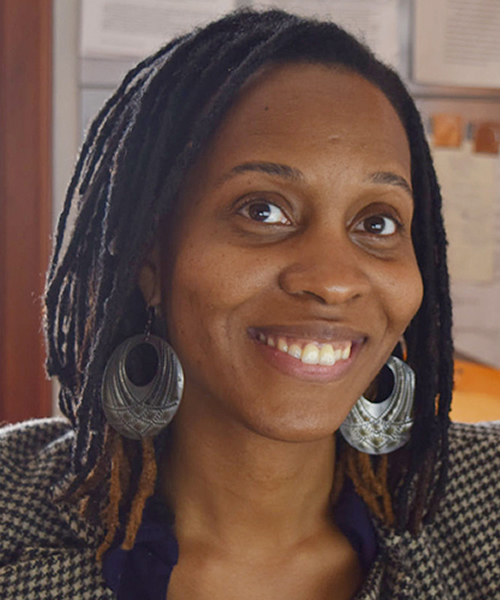Between Civil Rights and the Moral Majority: Unpacking a Black Evangelical Theological Imaginary
A Religion, Culture, and Politics Workshop

Friday, October 19, 2018
12:00 p.m. - 1:30 p.m. EDT
Location:
Berkley Center Third Floor Conference Room Map
Plymouth-Brethren influenced evangelist T. Michael Flowers (1920-2015), who would go on to plant a Southeastern network of black “Bible-believing” churches in the U.S. South from the mid- to late twentieth century, helped to frame a strain of black Atlantic evangelicalism that rested in a theological space between the Civil Rights Movement and the Moral Majority. Located amidst the tides of neo-evangelical and Afro-Protestant religious movements, Flowers’ theology partially resounded with both Christian projects. This included an emphasis of Biblicism and evangelism (however racially-bounded) in the case of white evangelicalism, and universalized relational theologies in the case of anti-racist Afro-Protestant theologies. Yet, Flowers took issue with the civic mobilization of both religious projects, and instead framed a black Atlantic Brethren theology grounded in universal reckonings of Christian relatedness and leveled humanism.
At this Religion, Culture, and Politics Workshop, Todne Thomas, assistant professor of African American religions at Harvard Divinity School and Suzanne Young Murray Assistant Professor at the Radcliffe Institute for Advanced Study, presented her paper on Flowers, which contextualizes the racio-religious positioning of black evangelicals in the United States and analyzes the relational imaginary of black Brethren theology articulated in Flowers’ oral historical texts and contemporary black evangelical exegetical rhetoric.

